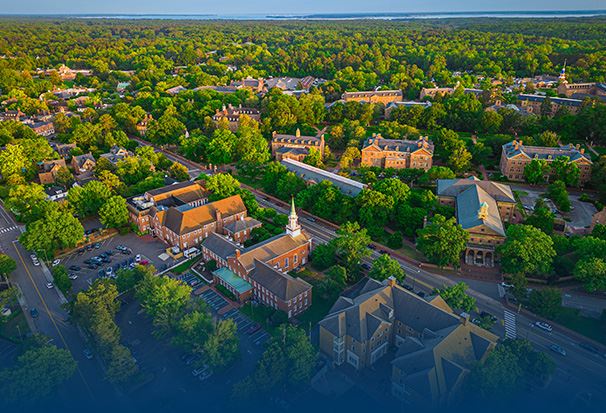Whenever that Brothers Osborne song “It Ain’t My Fault” comes on the radio, and it gets to the part where they sing, “I got my hands up. I need an alibi. Find me a witness who can testify.” it always gets us thinking about estate planning. Finding a couple of witnesses, who can testify if needed, is an important part of executing a valid will in Virginia.
In Virginia, a will is not valid unless the person who the will was created for signs it in front of two witnesses who also sign it. The only exception to this rule is if the person who the will belongs to writes the whole thing out by hand and signs it on their own, which is a carry-over from simpler times when most people had few assets to pass on and working with a lawyer was a rarity.
As the Brothers Osborne remind us, it is critical that the witnesses chosen can testify. What does this mean in the estate planning context? Basically, if the will is challenged by someone who is upset they didn’t inherit Great-Granny’s diamond ring, the witnesses can expect to be tracked down, hauled into court, and questioned about the deceased person’s state of mind at the time the will was created. Did he or she appear to be in their right mind? Was he or she under duress? Did he or she seemed confused? Did he or she sign the will of their own free will, or was someone else forcing them to sign? Witnesses should be prepared to answer these questions, which is why getting good people to act as witnesses is critical.
The witnesses will not be asked about the contents of the will. Most witnesses do not read the will they are witnessing.
Because the witnesses might be called into court to testify sometime in the future, they should be someone who is likely to live in the area for the foreseeable future. They should also be people who are likely to outlive the will-creator. The fact that people move and die is why there are two witnesses required in the first place.
A witness should not be someone who stands to benefit from the will, or the lawyer who drafted the will. Friends of the will-creator, who will not be benefiting from it, are popular witnesses because they can vouch for the state of mind the will-creator was in when they signed the document. It is also common for the paralegals and administrative assistants who work in legal offices to serve as witnesses.
Although a will does not need to be notarized to be considered valid, most lawyers recommend it. If a will includes a notarized “self-proving affidavit” the courts presume the will was properly executed and is valid unless proven otherwise. Our firm always includes a “self-proving affidavit” in the wills we write, and we employ a notary in our office, so we highly recommend taking an extra minute to complete this paperwork.




